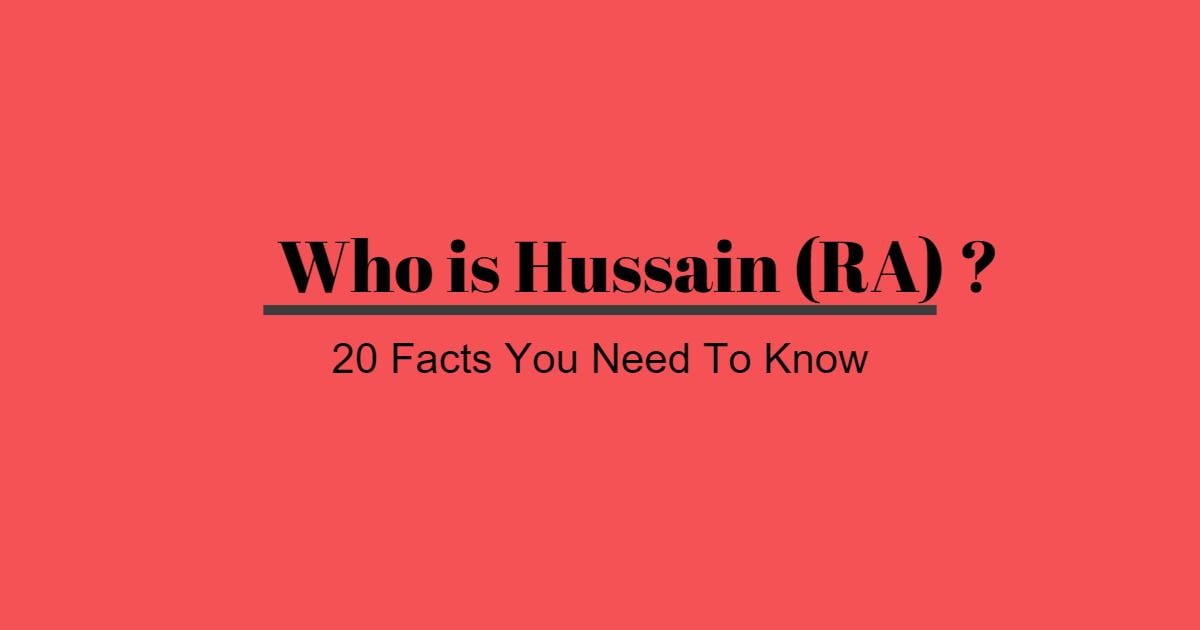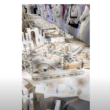CAIRO – The Egyptian government has recently issued a directive prohibiting female students from wearing the niqab while attending school.
In an announcement by Education Minister Reda Hegazy, it was stated that students would have the “optional” right to choose whether or not they want to cover their hair during school hours.
However, the directive explicitly specifies that any hair covering must not obscure the face, and the chosen hair covering should adhere to the color prescribed by the Ministry and local education directorate.
This policy is scheduled to take effect from the upcoming academic year starting on September 30 and will be in force until June 8, 2024.
According to the ministerial statement, the decision to cover one’s hair should be made solely based on the individual student’s desire, free from any external pressure or coercion, except that of the parents. Parents should be duly informed of their daughter’s choice, and authorities will verify the parents’ awareness of the student’s decision.
In Egypt, the hijab is a commonly worn head covering among women, whereas the niqab, which conceals the face to a greater extent, is less prevalent. The issue of wearing niqabs in public spaces and educational institutions has long been a topic of intense debate within Egyptian society.
Several educational institutions in the country have independently imposed bans on niqabs. For instance, in 2015, Cairo University implemented a niqab ban for its staff, a decision that was upheld by the Egyptian judiciary in subsequent years, including 2016 and 2020, despite appeals.
The public opinion on this issue remains divided. Opponents of the niqab view it as “foreign” to Egyptian society, associating it with the spread of “Wahhabi” Islam from Saudi Arabia. They argue that it fosters a religious and social divide between those who wear it and those who do not.
Some also cite national security concerns, contending that because the niqab can conceal one’s identity and has been used by criminals to commit unlawful acts in the past, it is within the rights of society and law enforcement agencies to impose such a ban.
Conversely, proponents of the right to wear the niqab argue that personal freedoms are constitutionally protected and that granting the state extensive authority to regulate attire could lead to broader restrictions on clothing choices and women’s autonomy.
Egypt’s official Islamic religious institutions have generally refrained from taking a stance on this matter, preferring to defer to state institutions.
According to Sheikh Ahmed al-Tayyeb, the Grand Imam of al-Azhar, the niqab is neither a recommended practice nor a religious obligation, stating, “I cannot tell her who wears the niqab that she is doing a lawful action for which she deserves to be rewarded. It falls within the circle of the permissible.”
Subscribe to our channels on WhatsApp, Google News, Facebook and Instagram.Discover more from The Islamic Information
Subscribe to get the latest posts sent to your email.












